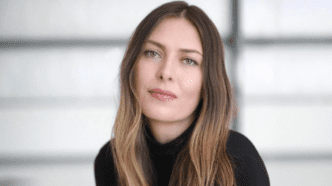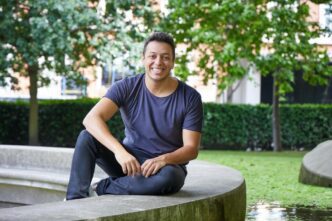More women today are choosing to prioritize their careers and delay starting a family. But with that shift comes a growing concern: fertility doesn’t wait. For many in their 20s and early 30s—the years when fertility is at its peak—the high cost of egg freezing puts the option just out of reach. That’s exactly the problem egg freezing startup Cofertility is solving.
Launched by former Uber executive Lauren Makler and angel investor Halle Tecco, Cofertility is changing the game with a novel model. Women can freeze their eggs for free—if they choose to donate half to individuals struggling with infertility. This approach eliminates the usual price tag of $10,000 to $15,000 per cycle. Giving women a real shot at planning their futures on their own terms.
Backed by a $7.25 million Series A round led by Next Ventures and Offline Ventures, the startup has now secured a total of $16 million in funding. Other investors include Initialized Capital, Gaingels, and a number of health tech supporters who believe in the company’s mission to reshape fertility care.
Makler’s inspiration came from a deeply personal place. In 2018, she was diagnosed with a rare abdominal condition that required several surgeries and risked her ability to have children. Egg freezing wasn’t an option then, but her experience opened her eyes to the complexities—and inequities—of egg donation.
She discovered that not only are donors paid for their eggs, but prices varied based on ethnicity, education, and background. Jewish eggs? Pricier. Highly educated donors? Even more expensive. It felt uncomfortably similar to the surge pricing model she’d once overseen at Uber.
Fortunately, Makler eventually conceived naturally. But the experience left her with a determination to create a better system. One where fertility preservation and egg donation could work hand in hand, and where both sides could benefit.
That vision led to Cofertility’s “Split” program. It allows young women to freeze their eggs at no cost while helping others build families. At scale, this model has proven effective: the platform now boasts hundreds of active donors at any given time. Compared to just a handful offered by traditional clinics.
The donors represent a wide range of backgrounds, and over half of them hold graduate degrees. Intended parents still cover retrieval and coordination costs, but they no longer have to pay donor compensation fees, making the process more affordable and accessible.
Although Makler avoids labeling Cofertility as a marketplace, she acknowledges it functions like one. The company brings together two groups—egg donors and intended parents—solving what she describes as a deep, structural issue in fertility care.
Her broader mission? To eliminate the stigma around egg donation entirely.
“There’s no shame in how you become a parent,” Makler said. “And doing it with the help of a donor who’s also preserving her own fertility? That’s a powerful and empowering choice.”













